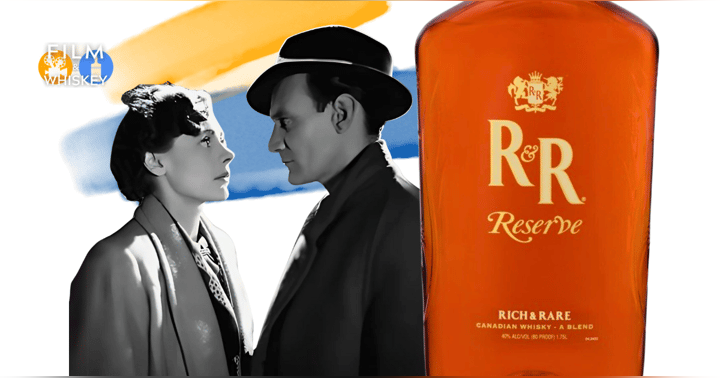Brief Encounter / Rich & Rare Reserve

Bob and Brad wrap up their mini-series of three films by director David Lean with his 1945 British masterpiece Brief Encounter. This aching romantic drama follows two ordinary, married people in pre-war England who quickly fall in love but know they cannot remain together. Our hosts discuss Celia Johnson's brilliant performance, as well as Lean and screenwriter Noel Coward's insistence on making these characters as relatable as possible, to devastating effect.
Meanwhile, they try a budget Canadian whisky, Rich & Rare Reserve. Will this blended whisky be worth more than its $9 price point?
Film & Whiskey Podcast. New episodes every Monday.
- Film & Whiskey Instagram
- Film & Whiskey Facebook
- Film & Whiskey Twitter
- Email us!
- Join our Discord server!
Theme music: "New Shoes" by Blue Wednesday
--- Send in a voice message: https://anchor.fm/filmwhiskey/message Support this podcast: https://anchor.fm/filmwhiskey/support











